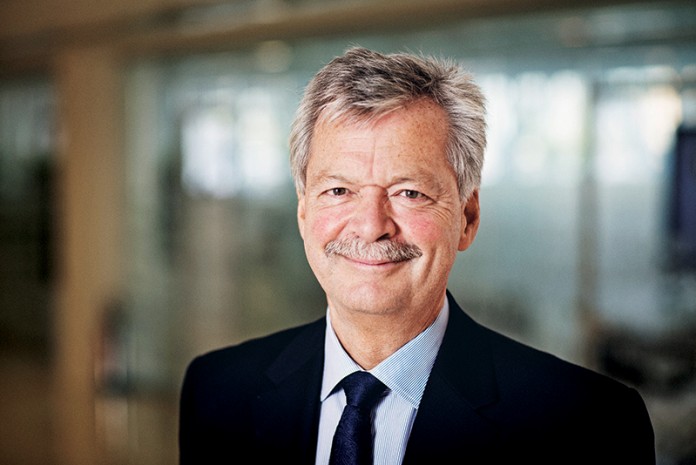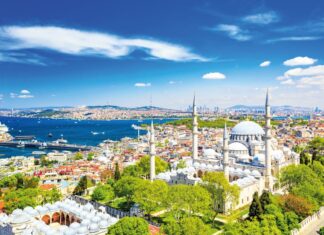By Finn Mortensen, Executive Director, State of Green
There is a reason why Denmark, as host of the 2020 IWA World Water Congress & Exhibition, has selected the theme Water for Smart Liveable Cities.
As sustainable economic growth and security of reliable water and energy supply are among the greatest global challenges today, it is increasingly important in cities. The urban population all around the world is growing. By 2020, more than 50 percent of the world’s population is expected to live in cities. By 2050, 7 billion people will live in cities–this increase corresponds to building a new Berlin every single month.
This development calls for new investments in water supply, in wastewater treatment, storm water drainage and, in some cases, coastal protection because of rising seawater levels. Integrated approaches to incorporate water as well as new blue and green structures in urban development will become an increasingly valuable asset.
Denmark has taken a global lead on water solutions over the last few decades
Denmark has taken a global lead on water solutions over the last few decades. This can be traced back to the oil crises of the 1970s. At the time, Denmark was severely affected but took a new direction to meet its growing energy needs while, at the same time, taking care of the environment. Since then, Denmark has been committed to making a green transition and is the first country in the world to set a national target of becoming independent of fossil fuels by 2050.
Water and energy efficiency as well as waste and resource management are deeply embedded in Danish society, and economic and environmental policies go hand in hand. The figures speak for themselves: since 1980, the Danish economy has grown by more than 70 percent, without an increase in gross energy consumption, and with a reduction in water consumption of almost 40 percent.
Strong tradition for cooperation
The results Denmark has achieved within water resources, water security and water efficiency are no coincidence. With 7,000 kilometres of coastline and with most of its major cities situated on the coast, water has long been a defining feature of Danish cities. Today, the water in the Copenhagen Harbour is clean enough to swim in thanks to a complete modernisation of the sewerage system. The wastewater treatment plants in Copenhagen not only treat the wastewater from the city but also contribute to the city’s energy supply.
These results have been achieved through a combination of political will, technological development, a supportive and participating population and a strong tradition of public-private partnership. Major water users have a high level of awareness about water and energy perspectives in production, and have achieved significant savings over the past decades–often in collaboration with research institutes and local water utilities. A good example of this is an ongoing project where a group of dairy farms are cooperating with government agencies, water technology providers, consulting companies and a water utility to develop new solutions that will significantly reduce water consumption in the Danish dairy industry.
An efficient, safe and reliable water supply based entirely on groundwater
The water supply in Denmark is based entirely on groundwater. An ambitious nationwide groundwater protection programme has laid the foundation for the groundwater expertise of Danish companies, which includes establishment of site-specific groundwater protection, surveying technologies, software tools for integrated water resource modelling and decision-making systems.
Supported by a range of innovative technology providers and consulting companies, Danish water utilities have implemented a wide range of cost-efficient leakage monitoring technologies and leakage management systems, which has resulted in a national non-revenue water average of just 5 to 8 percent.
These high ambitions in environmental policy, research and commercial solutions have made Denmark a living lab for solutions which combine cutting-edge technology for water treatment with sustainable solutions for biogas, energy and resource recovery.
As a public-private, not-for-profit partnership, State of Green helps to share these solutions with the rest of the world. We believe that Danish competences and solutions, regulatory initiatives and the lessons learned in Denmark over the past decades form an excellent basis for inspiring the world on the road towards the IWA World Water Congress & Exhibition in 2020.








